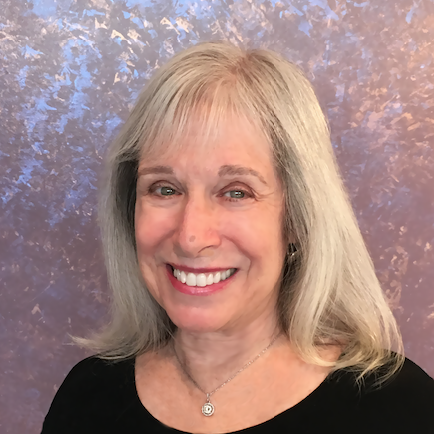How to Know When It’s Time to Move to Assisted Living?
The one question I hear most frequently from Baby Boomers caring for their Aging parents is, “How do I know when it’s time to move them to assisted living?” I wish there was a “one size fits all” answer.
All of our aging parents and other relatives decline in various ways and at different rates, but here are some guidelines to help you decide if it’s time to take steps to move mom and dad out of their long-time home into an assisted living environment.
Physical Safety First
This is the most critical benchmark to apply. It’s a simple question to ask yourself, “Are he/she/they safe living at home alone?”
Would they know what to do in case of an emergency? And would they be capable of taking those actions? For example, are they able to dial 911 quickly?
If they fell anywhere in their home, do they wear a pendant or bracelet with a call button to push for help? Will they remember to do so, and even how to, if they panic?
If they are a married couple, would they hear their spouse calling for help from another room? Are they strong enough, mentally and physically, to help the other one in an emergency (i.e., a fall)?
If there’s a natural disaster (i.e., earthquake, hurricane, or tornado), would they know what to do during and after to survive if help doesn’t arrive quickly?
Are they a continuous fall risk? Have they had multiple falls in the past month or two?
Are They Potential Targets of Scammers?
Would they give out personal information over the phone to a stranger? Can they hear well enough on the phone to identify who they’re speaking with?
Would they open their front door to strangers or solicitors?
Are they comfortably in control of their finances and doing their own banking successfully? Are the bills getting paid on time? Have there been any irregularities with their bank accounts or credit cards?
If they use a tablet or computer, are they savvy enough to be aware of and avoid online schemes and scammers?
Are they hard of hearing or is their vision declining? These factors could increase their vulnerability.
Warning Signs in their Day-to-Day Living
In a previous blog post I created a detailed list of things to pay attention to when visiting your parents, whether you live nearby or far away. You don’t have to pepper them with questions to figure out if they’re doing fine on a day-to-day basis. Just walk through their home and observe whether these warning signs of decline are evident. Try your best to really be objective — it’s hard to admit to ourselves when our parents may be declining.
Your Next Steps?
Based on your honest answers to these questions, if there is any doubt in your mind that your aging parents are no longer secure in their present homes, now is the time to start researching assisted living facilities. It’s best to be proactive rather than reactive on this issue, to avoid having to find a place for them quickly in case of an emergency. Even if they’re not ready to look into alternative living arrangements themselves, as their adult children and family caregivers, it would be wise to begin touring potential new residences.
It’s also time to start the conversation with them about moving. They probably won’t buy into the idea about moving after only one conversation. It will take time, so begin. You won’t be sorry you did.

























